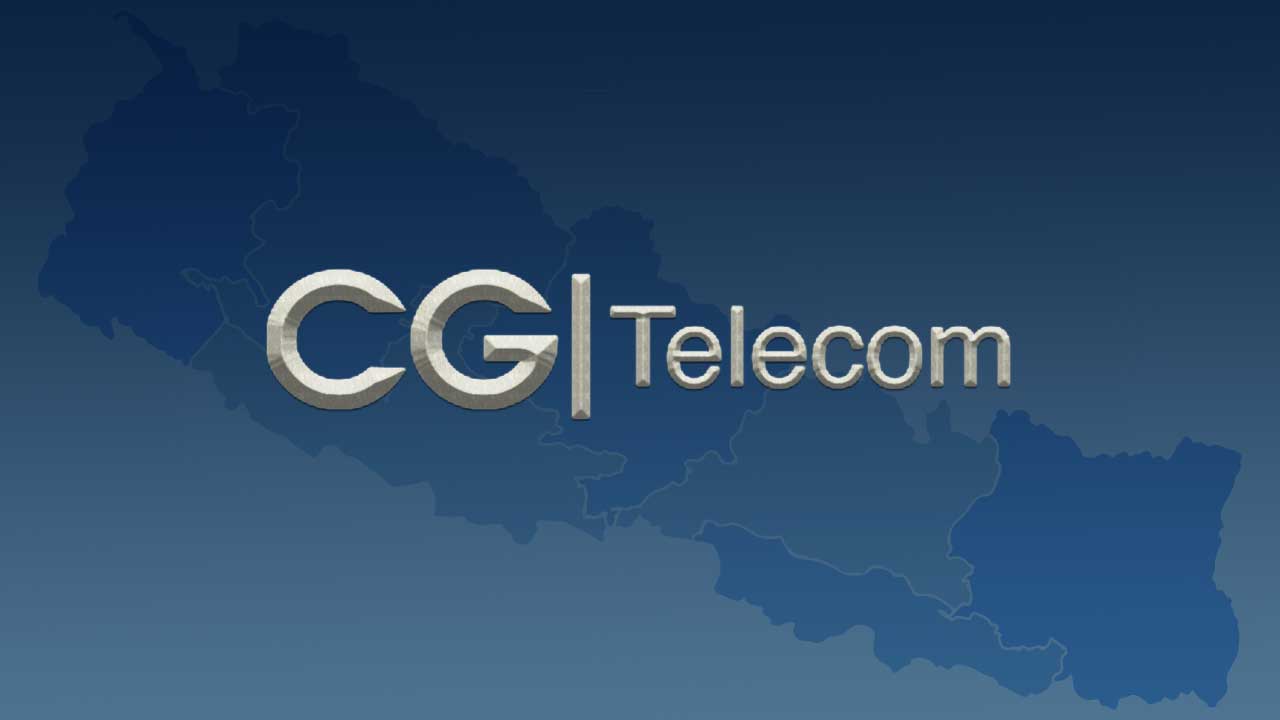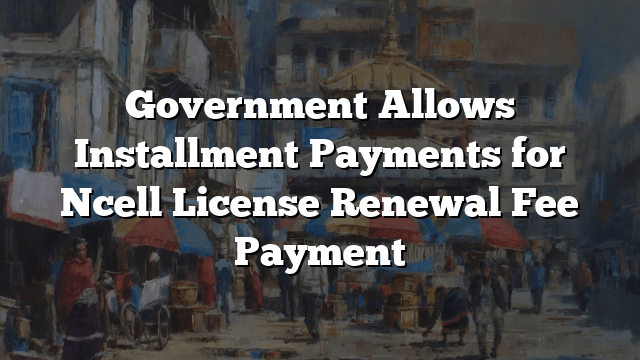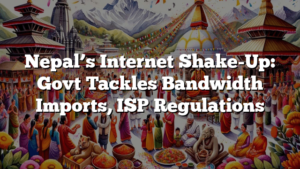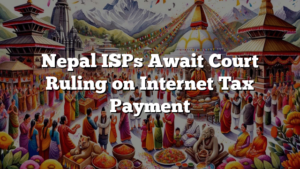
CG Telecom is a telecommunications company that has been waiting to obtain a unified license to start its mobile services for quite some time. Recent developments have raised the stakes for CG Telecom to finally get the unified license and start its operations. If that happens, it would be a long-awaited breakthrough for the telecommunications market in Nepal as it would finally have a truly competitive operator.
The government has recently decided to revoke Smart Cell’s license due to its failure to pay arrears to the regulator, NTA. Meanwhile, MoCIT has published a four-year-old decision made by the Council of Ministers on CG Telecom’s unified license on Rajpatra. This coincidence may be a blessing in disguise for CG Telecom’s business as Smart Cell losing its telecom operations could potentially lead to CG Telecom acquiring Smart Cell’s frequencies, which would be a significant advantage.
CG Telecom’s plans to revolutionize mobile services with a 4G network have been derailed by royalties payment and political skirmishes. However, the company remains open about its telecom service plans and aims to follow Jio-like strategies. For CG Telecom to achieve its objectives, it needs ample 4G spectrum.
Smart Cell currently uses 900 MHz (10 MHz unpaired) and 1800 MHz (24 MHz unpaired) bands to offer 2G and 4G networks for calls and fast mobile broadband. However, the company is on the verge of losing its unified license, which could potentially mean that Smart Cell’s frequencies may land on CG Telecom’s radar. Media reports have suggested that NTA won’t grant CG Telecom its license unless Smart Cell loses its own license. Financially crippled Smart Cell is likely counting its last days in service, making it the most favorable climate for CG in years. Moreover, CG Chief Binod closely aligns with Nepali Congress, which is currently in the government, which could further boost CG Telecom’s chances of obtaining the unified license.
Nepal’s telecommunications market is currently dominated by two companies, Ntc and Ncell, leaving subscribers longing for a fresh experience. Despite Smart Cell’s promise of fast 4G broadband and voice call on 2G, it couldn’t offer a competitive edge against the dominant duopoly. While Ntc and Ncell continued their aggressive expansion, Smart Cell’s case was quite the opposite, running negative in finances and failing to add new subscribers. Smart Cell could never offer a transition away from the existing state-backed and privately held telecom giants.
CG Telecom, on the other hand, is a behemoth enterprise, run by the major business conglomerate in Nepal, with enough resources to cash in on. The company has shown how devastating its impact can be, as its subsidiary CG Net has transformed Nepal’s internet market in a few months. The company has promised to make calls free and offer data at half the price that people are currently paying. Given the success of CG’s fiber broadband service, it is not difficult to put our faith in CG for what it can achieve in the mobile telecommunications market.
For now, all eyes are on the government’s decision on Smart Cell’s unified license. The telecom market in Nepal hopes that both CG Telecom and Smart Cell’s cases will come out soon.
Related:



